Health Benefits of Soy

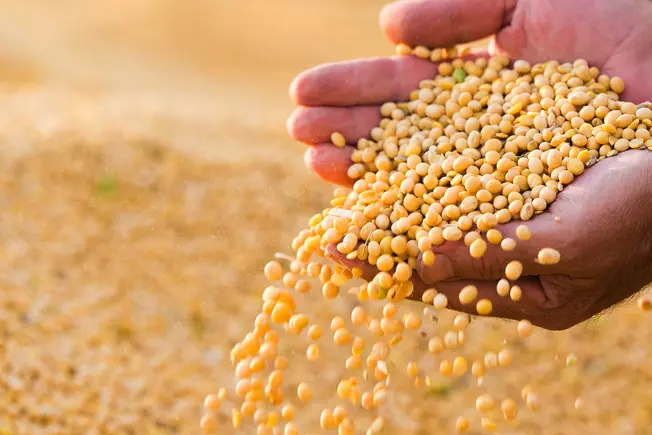
Protein
It can be hard to eat enough of this important fuel for your body if you’re vegetarian or vegan, especially if you’re an athlete or very active. Soybean, also called soya bean, can help. Unlike most plant protein, soy has all nine essential amino acids you need for healthy muscles and bone. Your body can’t make those compounds on its own, so non-vegetarians mostly get them from animal protein like beef, chicken, and eggs.
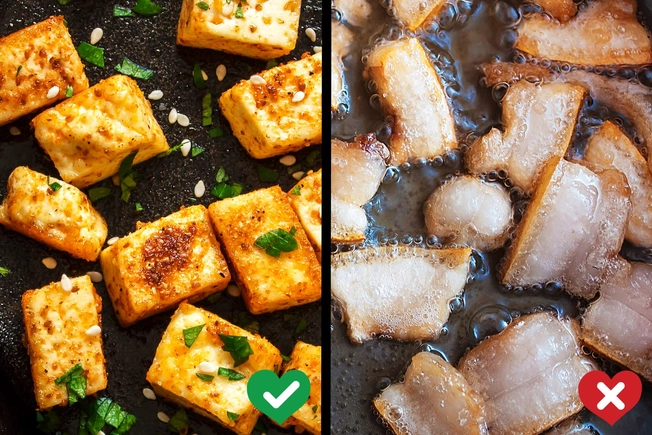
Heart-Healthy Diet
Only 10%-15% of the total fat in soybeans is saturated. Other protein sources like ground beef or pork chops have much more of this type of fat, which usually turns solid at room temperature and which may raise your risk of heart disease. Swapping out your meat dishes with soy products like tofu may benefit your ticker.
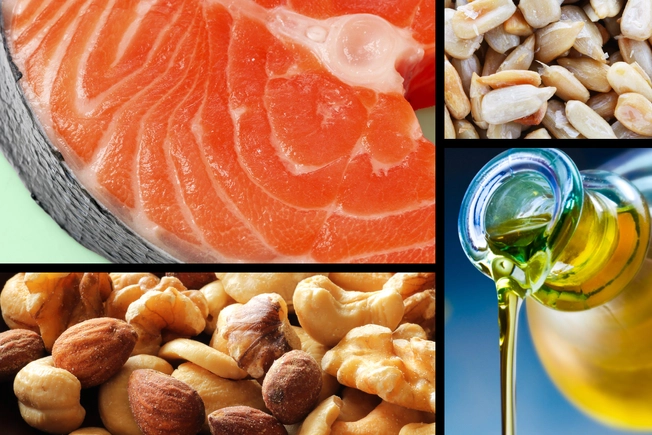
The Good Fats
Most of the fats in soy are polyunsaturated, including important omega-6 and omega-3 fats. As part of a balanced diet, those may be good for your heart and help lower your chances of certain diseases. Other sources of good fats include nuts, seeds, fish, and vegetable oils.
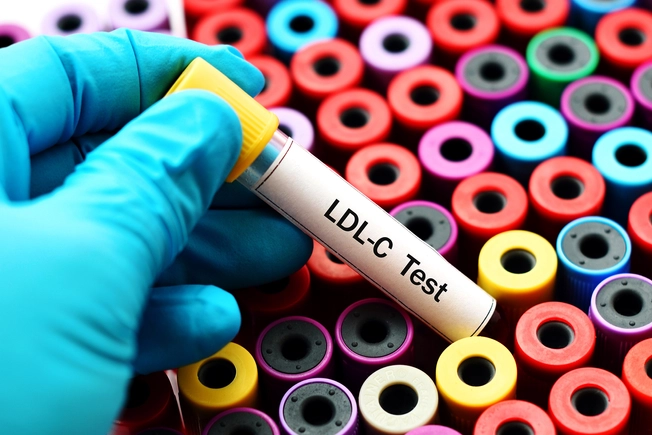
Zero Cholesterol
Like all vegetables and grains, soy foods are naturally cholesterol-free. A number of studies seem to suggest that simply adding soy protein to your diet can help lower your LDL, or “bad,” cholesterol by 4%-6%. So try it in place of less healthy choices.
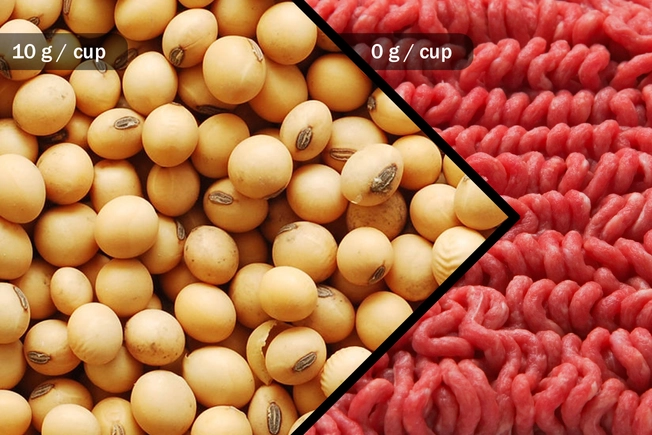
Higher Fiber
Soybeans have about 10 grams of fiber per cup. Compare that to 0 grams for animal proteins like steak, chicken, and fish. What’s more, the high fiber in soy may help lower the cholesterol you get from other foods. And oh yeah, fiber helps you poop regularly.
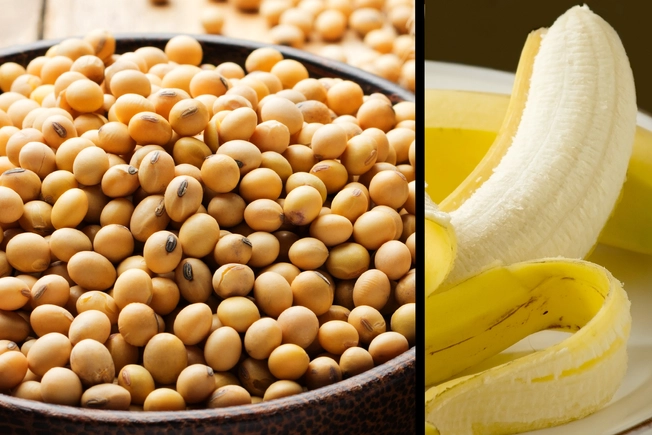
Loads of Potassium
A cup of soybeans has a whopping 886 milligrams of potassium. That’s about double what you get in a medium-sized banana, and as much as one-third of what your body needs for the whole day. That could be important because many Americans don’t get enough of this mineral, which your body needs to do pretty much everything, including for your heart to beat, your kidneys to filter waste, and for your nerves to work.
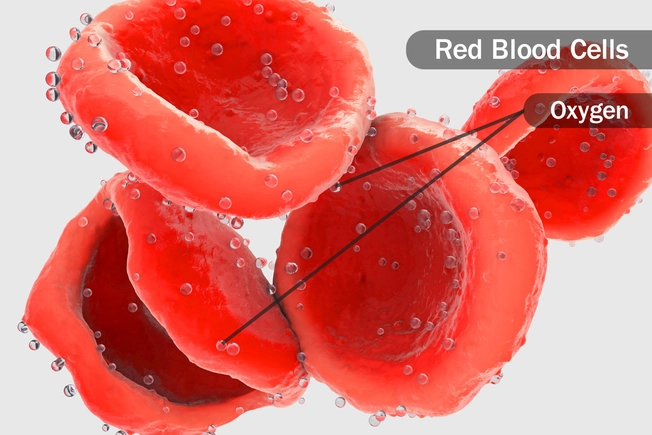
Iron
Vegetarians need to double up on iron because their bodies don’t absorb it as well from plant sources. A cup of soybeans has about 9 milligrams of iron, which among its many jobs helps your blood deliver oxygen throughout your body. Men need about 8 milligrams or iron a day, and women need 18 milligrams.
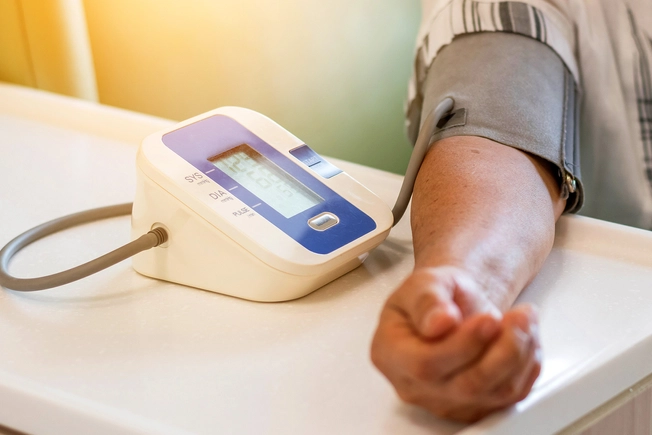
Ease Blood Pressure
Making soy a regular part of your diet may help you avoid high blood pressure, aka hypertension. To start with, soy packs a lot of protein but few carbs, a mix that seems to help bring your blood pressure down. Also, soy itself could help lower systolic blood pressure -- the top number -- by 2 to 5 points. That may not seem like much, but it could cut your odds of a stroke by as much as 14%.

Stronger Bones
Some women can lose a lot of bone mass after menopause. That makes your bones more brittle and more likely to break. Doctors often prescribe estrogen to treat this and other symptoms of menopause. Isoflavones, a plant chemical common in soy foods, seem to mimic the effects of estrogen. Some research suggests that isoflavones may help strengthen bones in women who’ve had menopause.
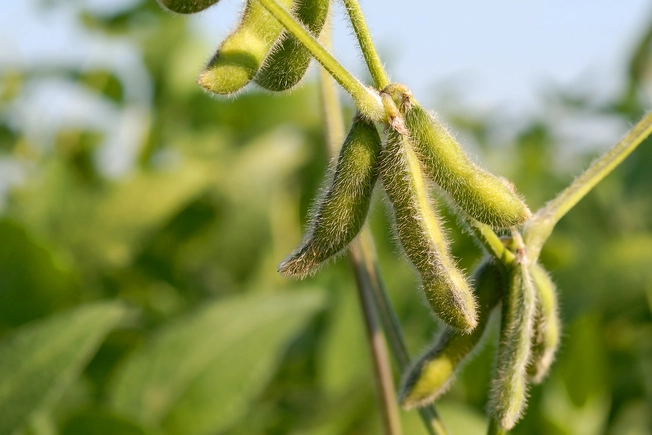
GMO
Soybeans are the world’s No. 1 genetically modified organism (GMO) crop. That means scientists changed some of the genes in the seed, often to boost nutrients or protect the plant against a disease or insecticide. Some people oppose GMO foods, in part because they think they may not be safe. The FDA, which regulates all “genetically engineered” foods, says credible research has shown they’re just as safe as conventionally grown plants.
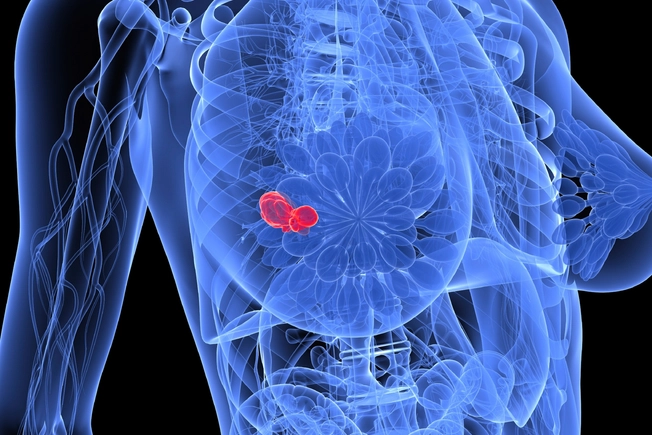
Breast Cancer
Soy seems to help protect against breast cancer in women, especially if you eat lots of it as a child and teen. That may cut your chances of having breast cancer by as much as half. Even some women who ate more soy only as an adult were less likely to get breast cancer. Scientists think that isoflavone, the phytonutrient in soy, may actually help shrink cancer tumors.
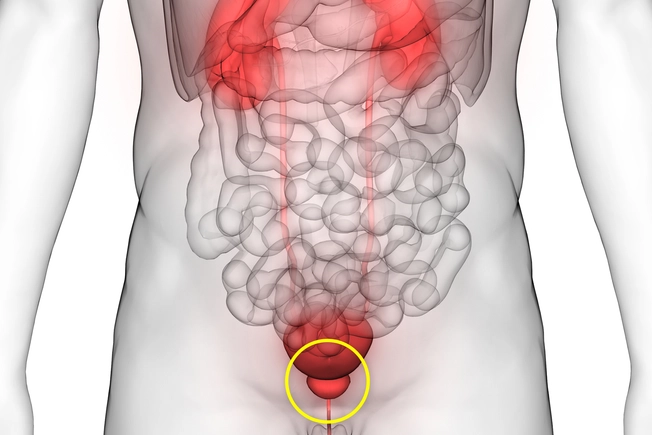
Prostate Cancer
It’s the second most common cancer in men worldwide. In Asia, where people eat much more soy, men are less likely to get prostate cancer. And their chances for the disease seem to drop the more soy they eat. Scientists think isoflavones, mainly two called genistein and daidzein, slow or stop tumor growth in the prostate.
